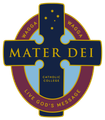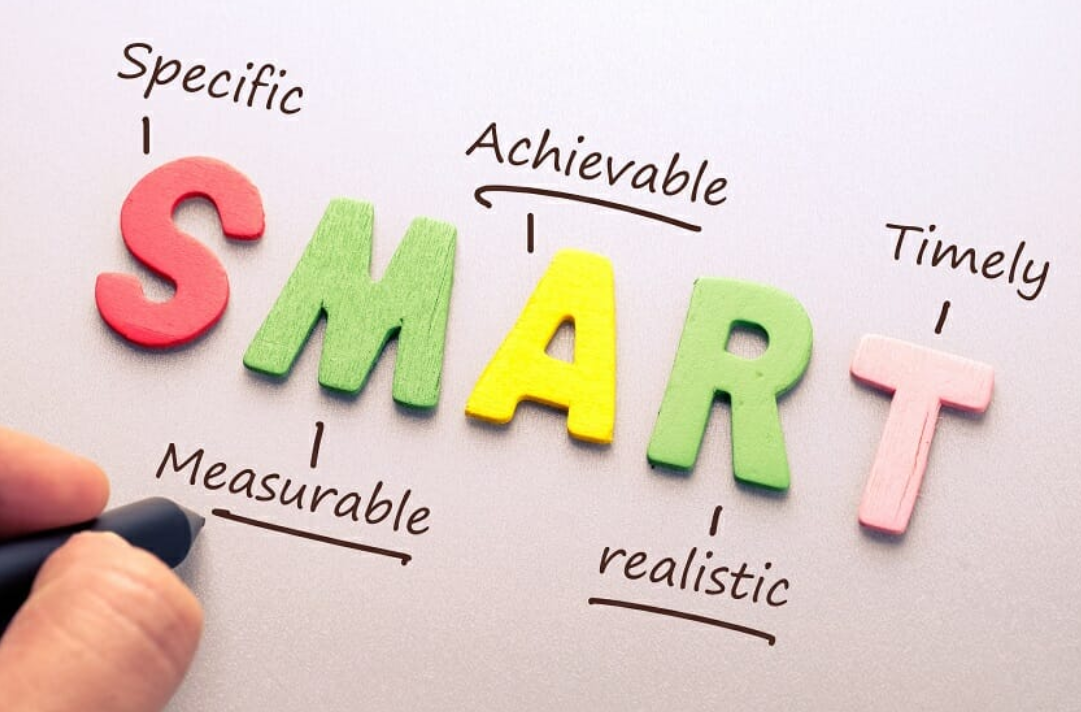Mathematics

Goals are part of every aspect of life and provide a sense of direction, motivation, a clear focus, and clarify importance. By setting goals, you are providing yourself with a target to aim for. A SMART goal is used to help guide goal setting. SMART is an acronym that stands for Specific, Measurable, Achievable, Realistic, and Timely. Therefore, a SMART goal incorporates all of these criteria to help focus your efforts and increase the chances of achieving that goal.
Last year students of Mater Dei Catholic College provided us with the feedback that they would like some assistance with putting in place some structures that will allow them to be more reflective on where they are with their educational journey, in addition with greater accountability and support. From these discussions, the Mathematics KLA introduced Stage 6 Goal Setting and now uses the SMART goal principle to assist the students with setting parameters for these goals.
SMART goals are:
Specific: Well defined, clear, and unambiguous
Measurable: With specific criteria that measure your progress towards the accomplishment of the goal
Achievable: Attainable and not impossible to achieve
Realistic: Within reach, realistic, and relevant to you
Timely: With a clearly defined timeline, including a starting date and a target date.
The details of the Stage 6 Goal setting are:
- Every student in Stage 6 who studies a Mathematics Course participates
- The goal is set in consultation with the class teacher
- Students receive feedback from the teacher on their progress at least every 5 weeks
- Parents access their child’s goal/s using Canvas.
Providing the opportunity for all students to take ownership over their learning allows them to become the drivers of their own education. Goal Setting helps push the students further, gives them a sense of direction, supports student organisation and enables them to reach their goals.
Learning in the 21st Century using Maths Pathway
Students in Year 7 and 8, as well as a number of students across other years, have been making significant progress with the development of their learning in 2020 through the combination of quality teaching and a differentiated curriculum with the assistance of Maths Pathway. The focus for our students is to develop the fundamental skills in Mathematics that allow for quick retrieval of information and an easy transformation of knowledge into unfamiliar contexts.
Maths Pathway has been an ideal learning platform during the period of Online learning because it allows students to individually develop and practice their skills.
Students have been proactive with the use of their Learning Logs, which are the students written summary of each module completed. These have also been used successfully to assist as a revision tool for students who look to revise their work before the fortnightly examinations.
Rich Tasks (activities that relate to Working Mathematically) will resume next week as Year 7 - 10 students return to class. The Mathematics Staff are looking forward to presenting challenging, stimulating and engaging activities which allow the students to work in teams to tests mathematics notions and concepts.
Mr Kurt McPherson | Mathematics KLA Leader

